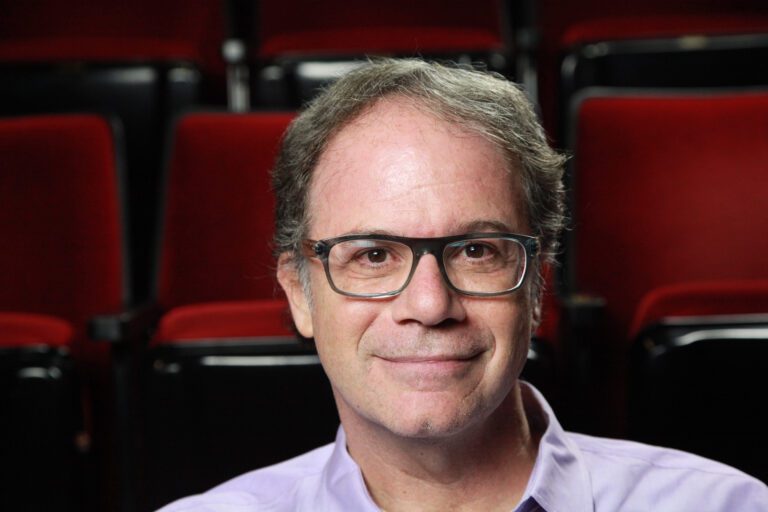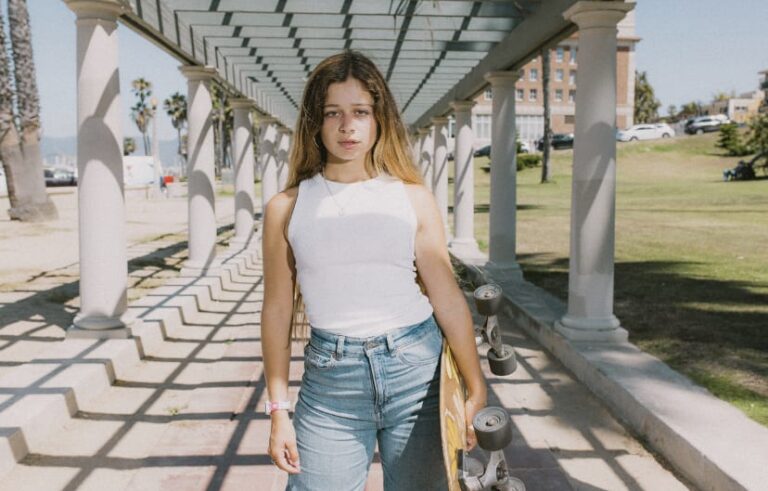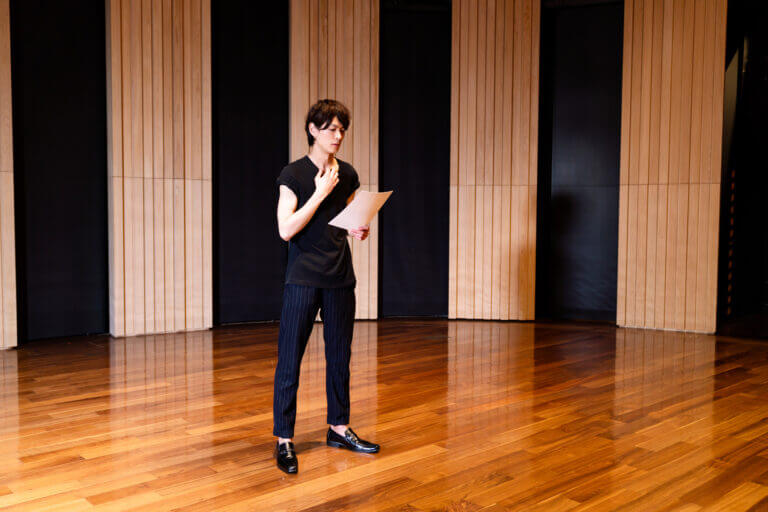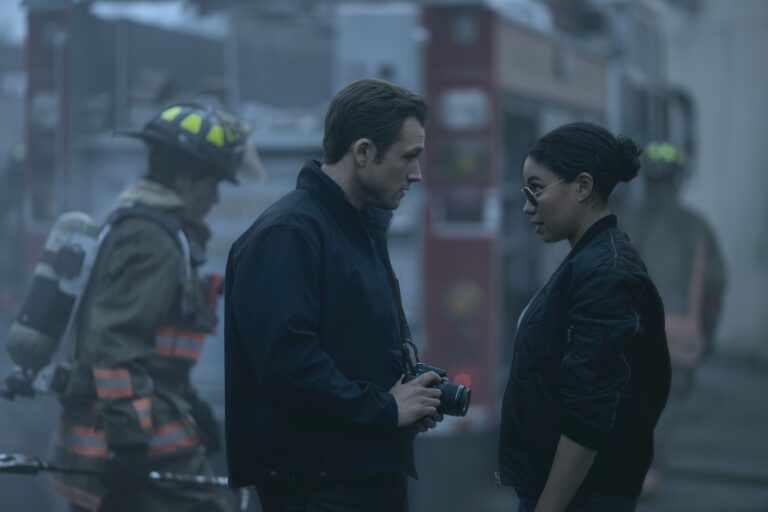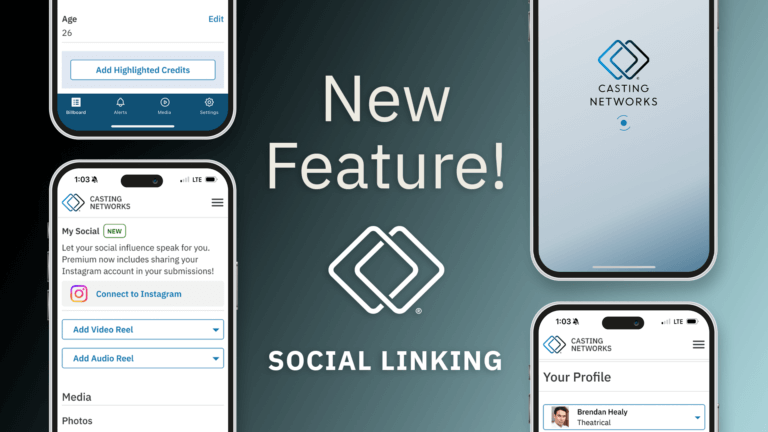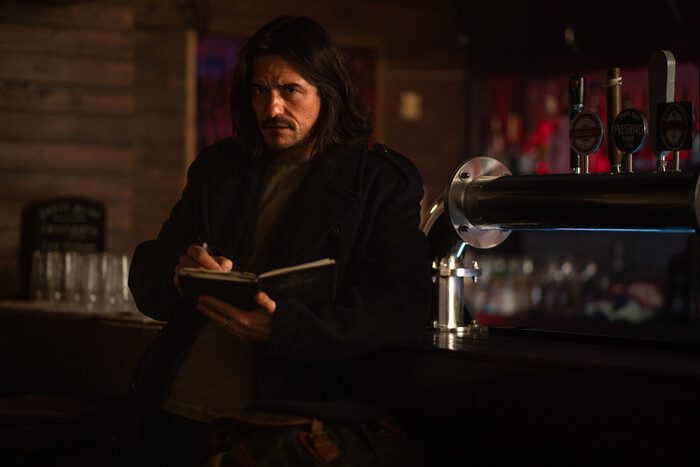South African-born actor-turned filmmaker Gavin Hood appeared on Hollywood’s radar when his searing 2005 drama “Tsotsi” won the Best Foreign Language Film Academy Award. Hood made his American directorial debut with the geopolitical thriller “Rendition,” starring Reese Witherspoon and Jake Gyllenhaal, before taking on Marvel’s “X-Men Origins: Wolverine.” He continued on the big-budget front with the sci-fi actioner “Ender’s Game” before returning to more politically charged indie fare with the British thriller “Eye in the Sky,” starring Helen Mirren.
Hood is back with another ripped-from-the-headlines indie, the British-US thriller “Official Secrets.” The film, which opens August 30, tells the true story of British whistleblower Katharine Gun who leaked information to the press about illegal US activities in its push for the 2003 Iraq war. Keira Knightley stars as Gun alongside a cast that also includes Ralph Fiennes, Matthew Goode, Matt Smith and Rhys Efans.
Hood spoke to Casting Networks about how he came to cast his leading lady and discussed his long-standing relationship with casting director Kate Dowd as well as his own preferred casting process.
When you were writing the script, did you already have an actor in mind for the role?
Normally, when I’m writing fiction, I often search around for actors I might think about for the role, or even have someone in mind that may or may not end up playing the part. In the case of “Official Secrets,” this was the story of people who are very much alive. I spent five straight days, for five or six hours at a time, with the real Katharine Gun, and then began writing her story. So, while writing, I only had her in mind. I wanted to do my best to represent the real Katherine Gun, the real Ben Emmerson [the lawyer played by Ralph Fiennes] and the real Martin Bright [the journalist played by Matt Smith] because I’d met and spoken to them all. I kept running the script by them to get their sign-off because the last thing you want is to tell a story about people who are alive, and they say how much they hate your movie. It wasn’t until after I’d finished the script that it became, ‘Who is going to play Katharine Gun?’
When you finally reached that point, did it become a question of “Who looks like Katharine Gun?” or “Who has star power that will get it financed?” or “What looks good on the poster?”
One asks all of those questions. They all bleed into each other because films like these are very difficult to get made. You’re working with a low budget, and financing independent films has gotten tougher because fewer people are watching them in the cinema. Most people stay home and watch them on their TV screens, and the collective experience is somewhat lost. I’m guilty of that too. There is so much noise out there, all of it competing for your eyeballs. It’s about how do we go about casting this in a way that addresses every one of those questions you pose because those are the ones the financiers are going to ask. You have to have the right actress, who also has a name, who breaks through some of the noise. These are brutal realities.
How did Keira Knightley come to play the role?
I love working with Kate Dowd, my casting director. I’ve worked with her previously on my films “Eye in the Sky” and “Rendition.” She’s an American who lives in London so she’s very familiar with British actors and American actors. Kate will read the script and send me a pretty extensive list of suggestions for every role, from knowns to unknowns. In this case, we were very fortunate to get Keira, who wanted to play the role, and also happens to have a really good name for the marketing department. There’s no point pretending otherwise.
In this case, Keira’s Katharine and the real Katharine bear no physical resemblance. Was there a strategy behind that?
We discussed the extent to which Keira would or would not try to look exactly like Katharine Gun. And at one point, Keira told me, “I feel like if I dye my hair blond, or change my nose, people will say, ‘Oh, it’s Kira Knightley as a blond, and with different nose, and I don’t want that.'” I wasn’t casting Margaret Thatcher or Queen Elizabeth, where capturing every look and nuance was essential because the public knows them already. In the case of Katharine Gun, Keira’s point was that it might actually backfire because nobody really knows Katharine Gun.
How was the decision made to take this route?
Keira’s instinct was to be herself: no makeup, hair looking the way it normally does. She wanted to focus on what it would have felt like as if she, Keira Knightley, was faced with what Katharine Gun was facing. She wanted to draw on, “What If I were experiencing this?” as opposed to being Katharine. I think that delivered a more nuanced, emotionally honest performance. The focus became purely internal and not about whether or not the glasses are on right or if the hair is colored correctly. That allows us, the audience, to imagine us in that moment as well.
When you work with your casting director, what is your process?
Having been an actor myself, I need time so, I like my auditions to be scheduled at least half an hour to 45 minutes—not the usual 10 minutes. I genuinely believe that every time someone is on screen, for that moment, they are the lead because the audience is looking at them. It doesn’t matter if they have two lines or no line if it’s an important reaction. If you’re trying to get a great performance out of Keira Knightley, you need to make sure that everyone around her is delivering at the same performance level. I’m very proud of the smaller roles in this film as well, which we spent a lot of time casting.
Any examples?
The actress at the end who plays the prison guard who can’t sit down gives a pitch-perfect beat. But by the way, there is a selfish motivation in that casting process because I’m getting an opportunity to see if a scene works. If the actor is straining, it might be because my dialogue is crap and maybe I need to make an adjustment. It’s mutually beneficial. The actor has the opportunity to put their best foot forward, and I like to read the lines with the actor to see if they work. We have a lot of fun. I enjoy the casting process. I really do.
What’s one of the major advantages for you to work with a casting director?
When I’m off making a movie, I’m not watching movies for a rather long time. You kind of miss out because you’re so busy making a film that you don’t know who is up and coming. Casting directors are on top of that all the time. When an actor says to me, “Can I be in your next movie?” the answer is, “Well, maybe.” But the truth is, I make a movie once every few years, and the cast is not that big. The place you need to put your energy is getting your stuff out to casting directors because they cast movies all the time and know who’s coming up. When I’m casting a movie, that’s who I rely on.
Follow us on Facebook, Twitter, and Instagram for breaking industry news and exclusive offers!







